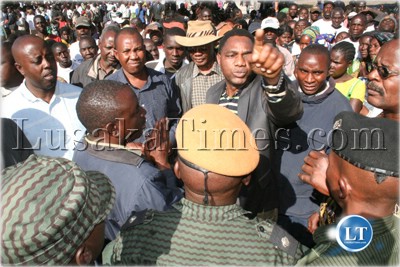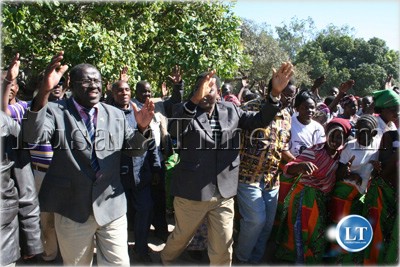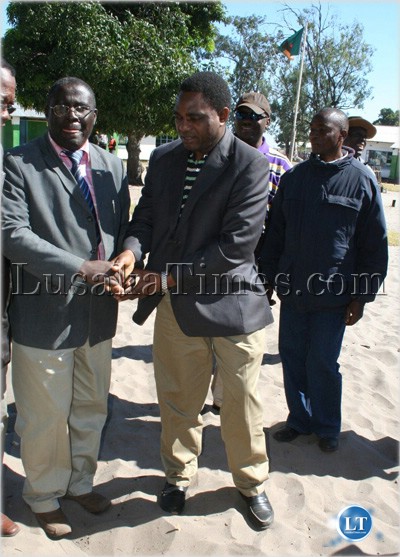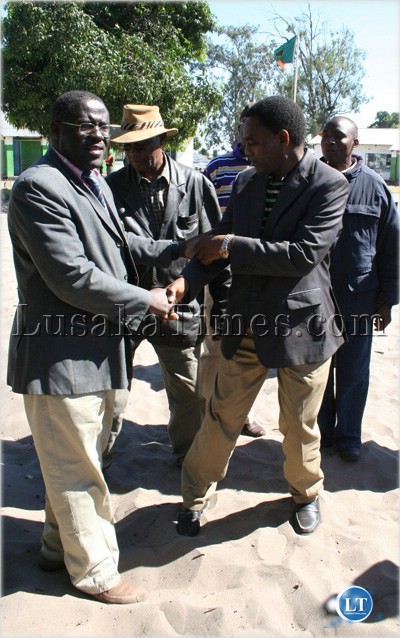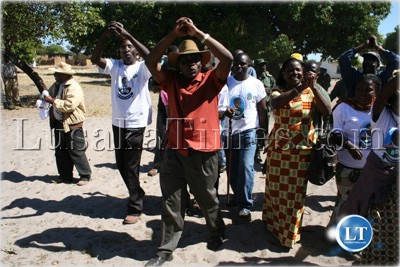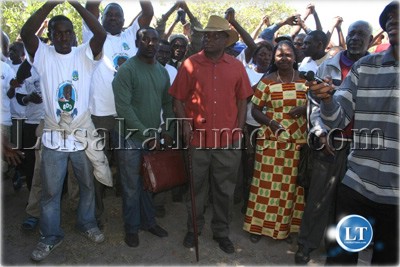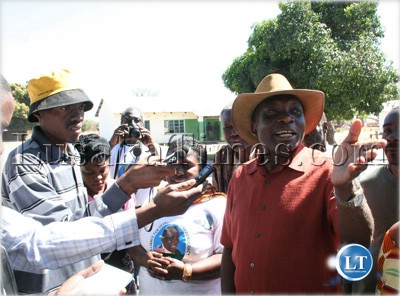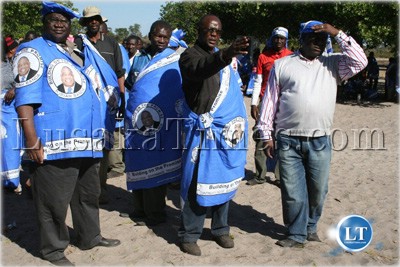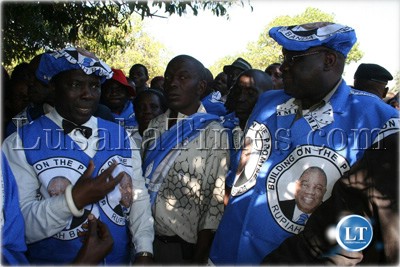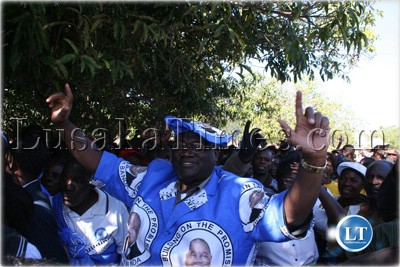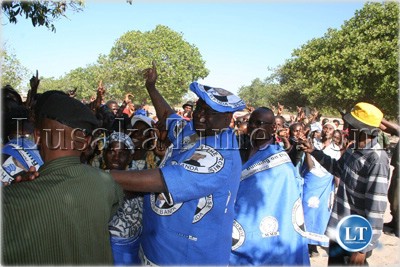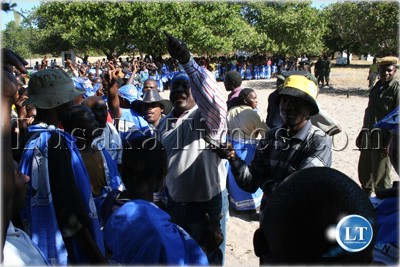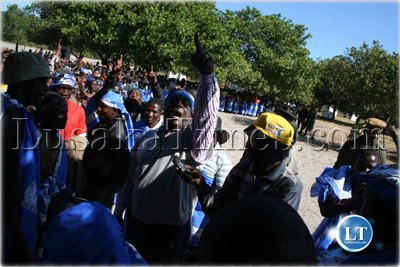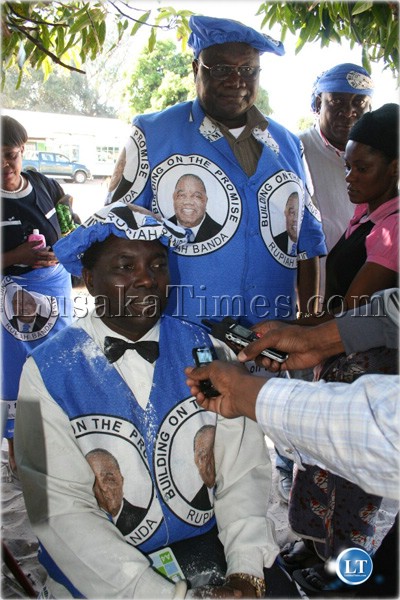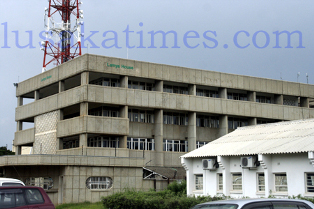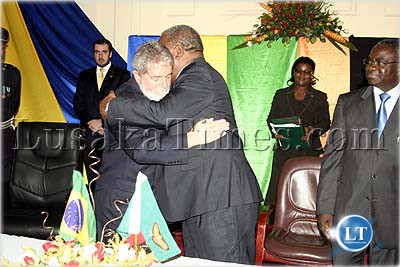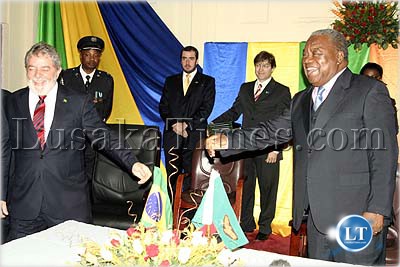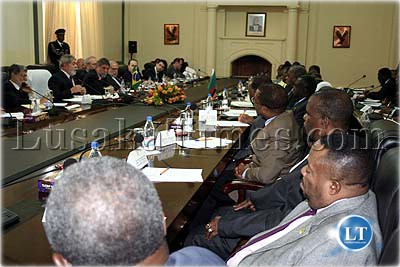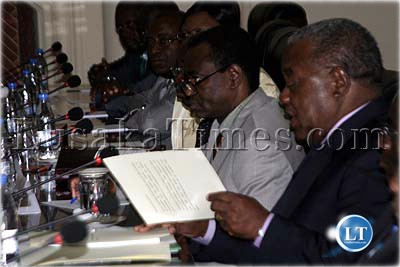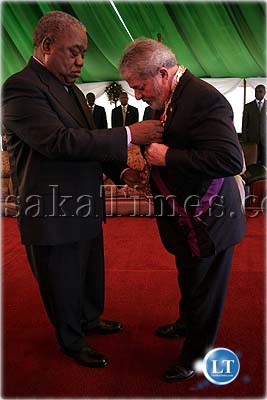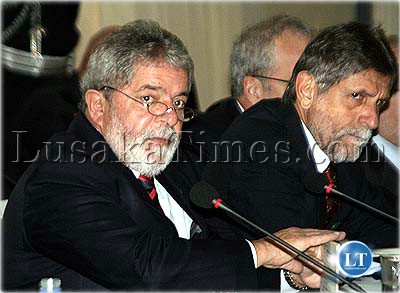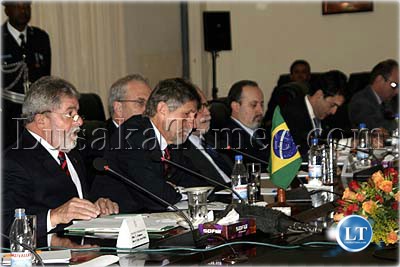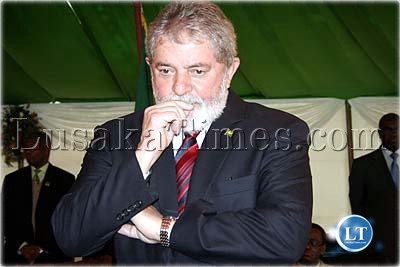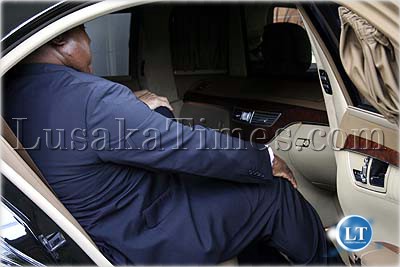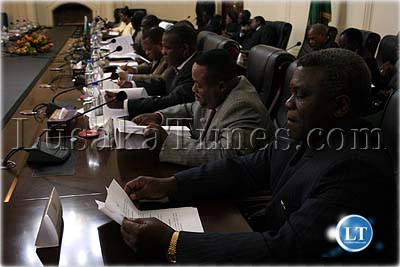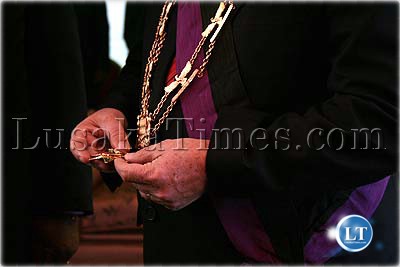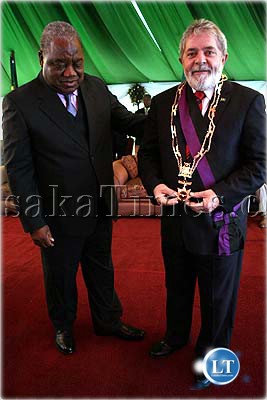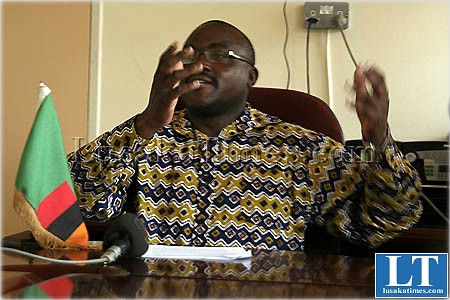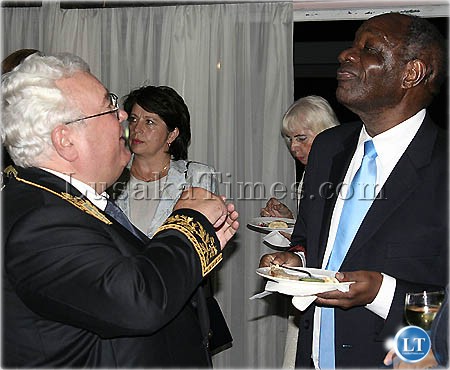Zanaco’s poor 2010 campaign so far could turn to woeful this weekend when they face ex-African champions Enyimba of Nigeria.
Zanaco on Saturday suffered their fifth league defeat of the season when they lost 1-0 to Power Dynamos at Arthur Davies.
To cap it all, they remain winless in Kitwe in two visit there this season after Nkana also beat them by the same margin with wins away over the Copperbelt giants symbolic in their bragging rights as champions.
And it gets worse this Saturday when they hosts Enyimba in the Caf Champions League last 16 first leg match in Lusaka.
However, coach Wedson Nyirenda has put a positive spin on the defeat saying the loss will act as a motivation for Zanaco going into the first leg clash against the newly crowned Nigerian champions and two-time Champions League winners.
Nyirenda needs a good result this weekend to give his side a kick start as the season gradually begins to roll down Week 30 and suitors for their title slowly assert their positions.
Moreover, the next two weeks will be key in what direction Zanaco’s season is heading.
After they face Enyimba, Zanaco will be back at home this time to play leaders Zesco United whom they drew 2-2 with in delayed week 1 match on May 29.
Defeats in those matches could see Zanaco drift further into choppy waters.
Faz Super Division
Week 15
10/07/2010
Konkola Blades 1(Chipulu Chileya 6″)-Choma Eagles 1(Kebby Hachipuka 67″)
Red Arrows 2(Goodson Kachinga 35″, Dube Phiri 76″) -Nchanga Rangers 1(Moses Mulambi 5″ pen)
Power Dynamos 1(Simon Bwalya 68″)-Zanaco 0
Green Buffaloes 0-Forest Rangers 0
Kabwe Warriors 1(Lameck Mwale 75″) -City of Lusaka 1(Godfrey Simwinga 34″)
National Assembly 5(Fackson Kapumbu 34″, Mundia Makokwa 41″ 76″, Francis Lusambo 70″, Robby Musesha 83″) -Roan United 2(Mukasa Mufwaya 85″, Ben Mwanza 90″)
11/07/2010
Lusaka Dynamos-Nkana
Zesco United-Nkwazi
[standings league_id=15 template=extend logo=false]


